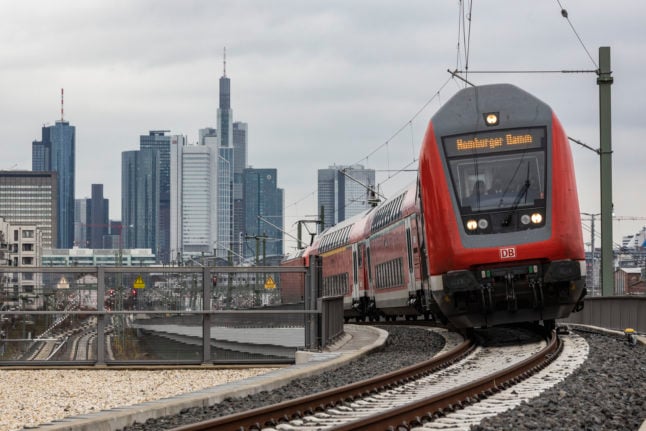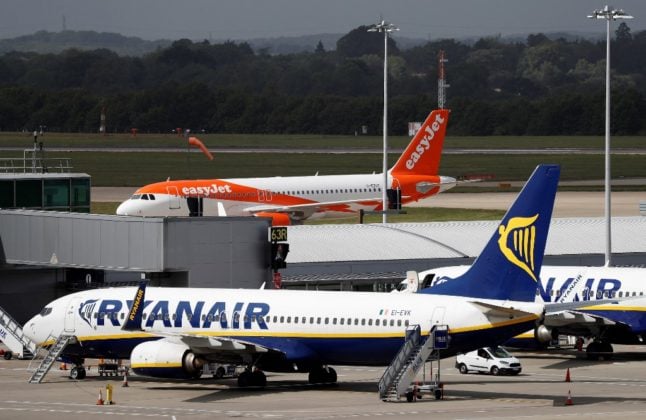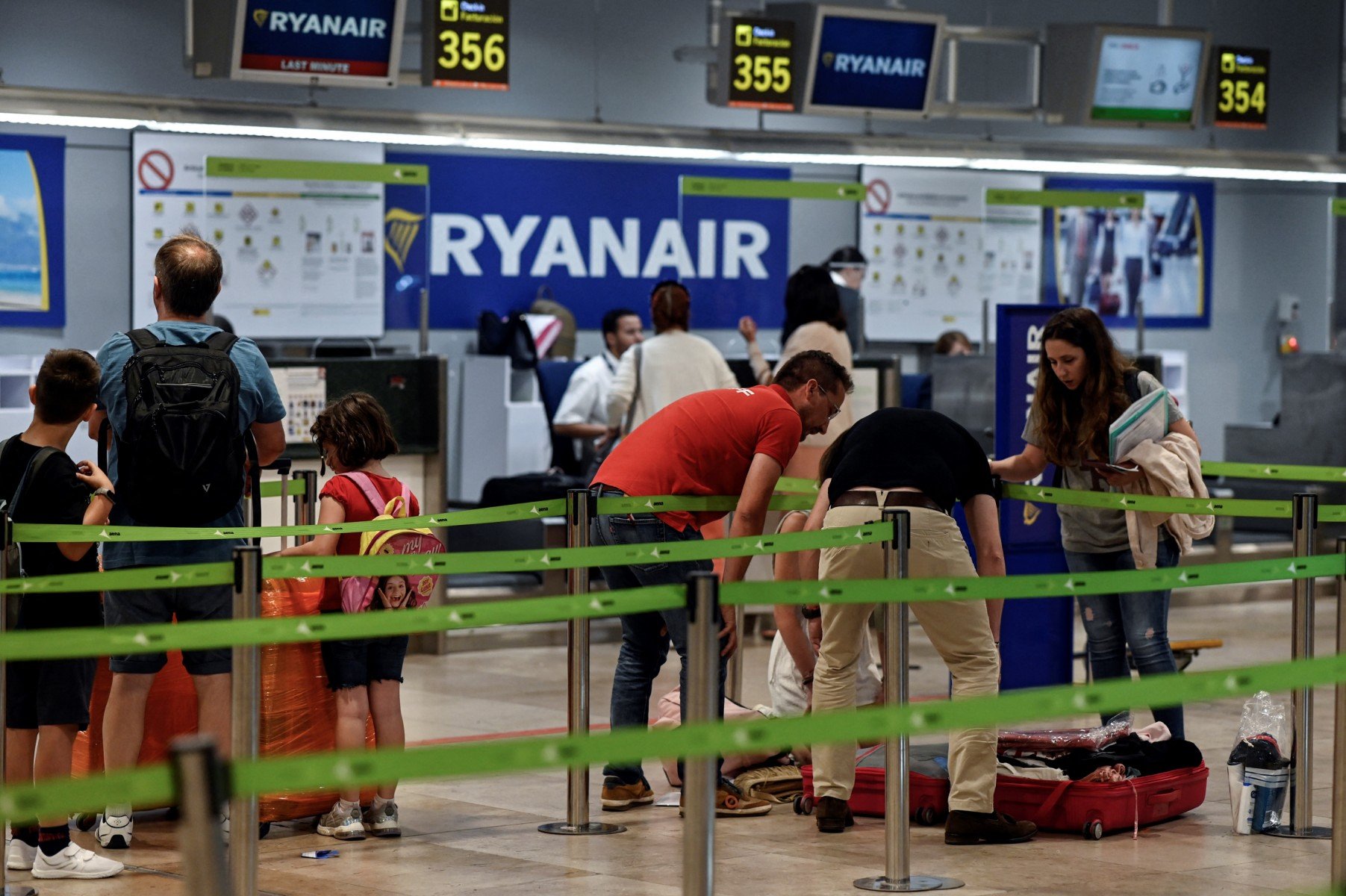“DB Regio is running more than 50 additional trains for the expected increase in the number of passengers from June 1st,” the company said.
The extra trains will mean DB can offer 250 additional services and 60,000 additional seats per day. The additional vehicles will be used primarily along tourist routes. According to the company, an average of about 7,000 regional trains offering 22,000 services are in operation nationwide in Germany every day.
The number of employees at stations and on trains will also increase. More than 700 extra service and security staff will help coordinate boarding and disembarking, as well as assisting passengers with luggage and providing information.
From June until the end of August, people in Germany can buy a reduced-price ticket for public transport at a cost of €9 per month.
The ticket, which is part of measures to ease the cost of living, allows people to use all public transport across the country, whether it’s buses, trams, the S-Bahn, the U-Bahn or regional trains.
READ ALSO:
- Germany’s €9 ticket goes on sale nationwide
- €9 for 90: Everything you need to know about Germany’s cheap travel deal
The €9 ticket cannot be used on long-distance services with ICE, Intercity and Eurocity, the trains of the railway competitor Flix and on long-distance buses.
Transport bosses are expecting travel to be rammed.
Jörg Sandvoß, CEO of DB Regio said: “The 9-Euro-Ticket is a unique opportunity for public transport and climate protection in Germany.
“At the same time, it is a great experiment for public transport as a whole. We are preparing and literally putting everything we have into motion – trains, buses, service staff.
“Everyone will benefit from this. Subscription customers as well as passengers who are returning after a long break from corona or who are discovering the attractiveness of trains and buses for themselves. All of this is only possible thanks to our employees, who are doing an incredible job these days.”
Due to the busy services, DB said services could reach their limits – and said people taking bikes on board won’t always be guaranteed a space. Bikes are not included on the €9 ticket.
“Taking bicycles along cannot always be guaranteed,” said Sandvoß.
More than 200,000 tickets sold
Deutsche Bahn said it had already sold more than 200,000 of the €9 tickets in the first hours of the pre-sale, which started on Monday morning.
Sandvoß said the firm was already experiencing a “historically large” take-up on sales.
However, passengers could face disruption due to lots of building work on the tracks in summer.
Rail operators have urged travellers to check their journey isn’t disrupted by construction work before travelling.




 Please whitelist us to continue reading.
Please whitelist us to continue reading.
Member comments